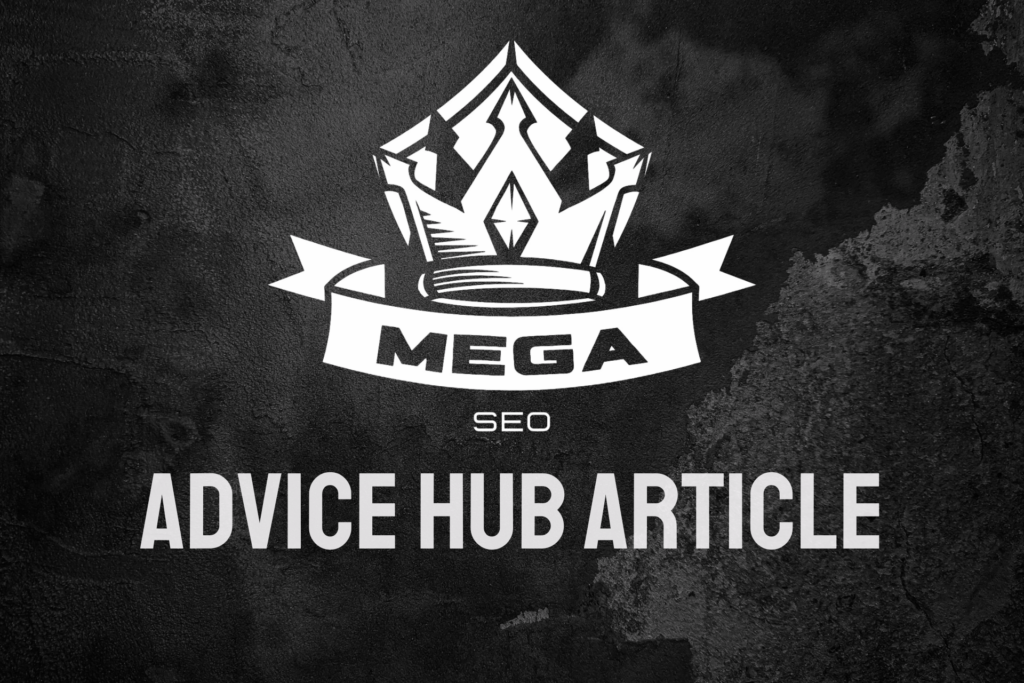HTTPS and security protocols play a fundamental role in modern SEO performance. Search engines prioritise secure websites, making HTTPS implementation essential for achieving higher rankings and maintaining user trust. Understanding the connection between website security and SEO helps businesses create safer, more successful online platforms that satisfy both search engines and users.
What Makes HTTPS Different from HTTP?
HTTPS (Hypertext Transfer Protocol Secure) adds an encryption layer to standard HTTP, protecting data transmitted between browsers and servers. This security protocol uses SSL/TLS certificates to establish secure connections, preventing unauthorised access to sensitive information during transmission.
The primary differences between HTTP and HTTPS include:
- Data Encryption: HTTPS encrypts all data exchanges between users and servers, making it significantly harder for malicious parties to intercept or manipulate information.
- Authentication: SSL certificates verify website ownership, helping users confirm they’re connecting to legitimate sites rather than impersonators.
- Data Integrity: HTTPS ensures transmitted data remains unchanged during transit, maintaining the accuracy and reliability of information exchanges.
How Does HTTPS Impact SEO Rankings?
Google confirmed HTTPS as a ranking signal in 2014, making it a vital component of technical SEO. The impact of HTTPS on SEO manifests in several ways:
- Direct Ranking Boost: Websites using HTTPS receive a small ranking advantage over non-secure competitors, particularly in competitive search results.
- User Trust Signals: Secure websites typically experience lower bounce rates and higher engagement metrics, indirectly benefiting their SEO performance.
- Browser Warnings: Modern browsers display security warnings for non-HTTPS sites, potentially deterring visitors and increasing bounce rates.
What Security Elements Influence SEO Performance?
Beyond HTTPS implementation, several security factors affect SEO success:
Regular Security Updates
Maintaining current security patches and updates helps prevent vulnerabilities that could harm your SEO efforts. Regular maintenance includes:
- Updating content management systems and plugins
- Monitoring server security configurations
- Implementing firewall protection
- Conducting regular security audits
Malware Prevention
Malware infections can severely impact your on-page SEO performance by:
- Injecting spam content into your pages
- Redirecting users to malicious websites
- Compromising site performance and speed
- Triggering Google security warnings
How Can You Implement HTTPS Effectively?
Proper HTTPS implementation requires careful planning and execution:
- Choose the Right SSL Certificate: Select an appropriate certificate type based on your website’s needs and business requirements. Options include single-domain, wildcard, and multi-domain certificates.
- Plan the Migration: Create a comprehensive migration plan to avoid common pitfalls that could affect your off-page SEO signals.
- Update Internal Links: Ensure all internal links point to HTTPS URLs to prevent mixed content warnings.
- Configure Redirects: Implement proper 301 redirects from HTTP to HTTPS versions of your pages.
What Common HTTPS Implementation Mistakes Should You Avoid?
Several common mistakes can undermine your HTTPS implementation:
- Mixed Content Issues: Loading some resources over HTTP while serving pages via HTTPS creates security warnings and reduces effectiveness.
- Incorrect Redirects: Failing to properly redirect all HTTP traffic to HTTPS can create duplicate content issues and dilute SEO value.
- Certificate Errors: Using expired or incorrectly configured SSL certificates damages user trust and search rankings.
How Does Security Impact Local SEO?
Security measures particularly affect local SEO performance through:
- Local Trust Signals: Secure websites often receive higher trust ratings from local customers, improving local search visibility.
- Mobile Security: With mobile searches dominating local queries, secure connections become increasingly important for local rankings.
- Review Protection: Secure sites better protect customer review submissions and personal information, encouraging more user-generated content.
What Security Monitoring Tools Should You Use?
Regular security monitoring helps maintain SEO performance. Essential tools include:
- Google Search Console: Monitors security issues and provides alerts about potential problems affecting your search presence.
- SSL Checker Tools: Verify proper SSL certificate implementation and identify potential configuration issues.
- Security Scanners: Regularly scan for vulnerabilities, malware, and other security threats that could impact SEO.
Secure Your SEO Success with Professional Support
Implementing proper security measures while maintaining strong SEO performance requires expertise and ongoing attention. Our team of SEO specialists based in Wigan understands the intricate relationship between security and search engine rankings.
We provide comprehensive security and SEO services tailored to your business needs, ensuring your website remains both secure and visible in search results. Ready to enhance your website’s security and SEO performance? Contact us today to discuss how we can help protect and improve your online presence.


